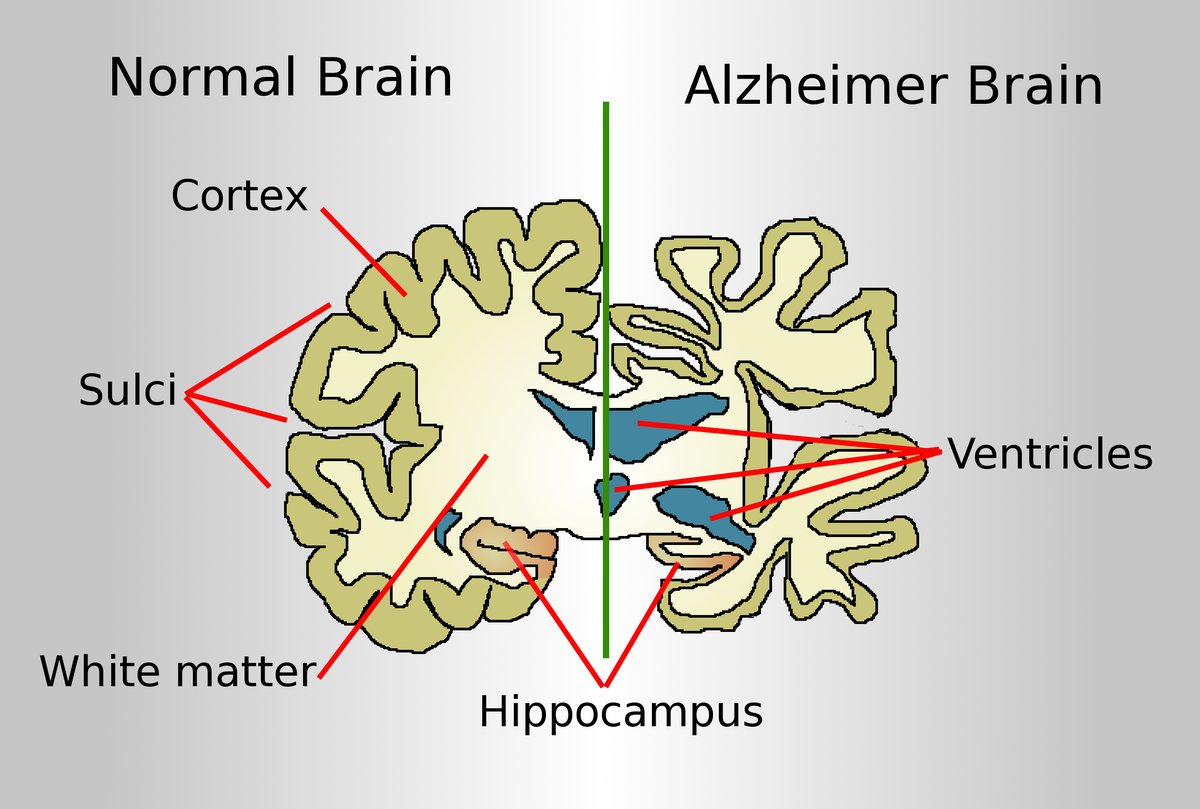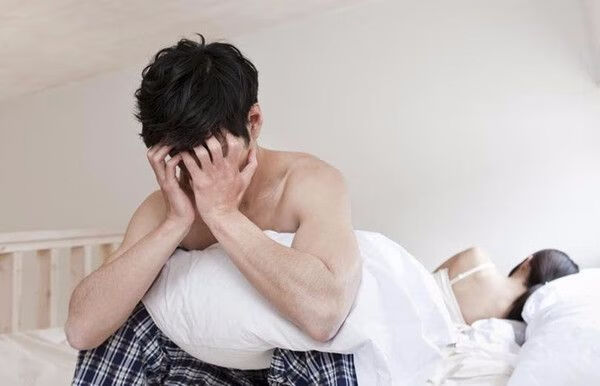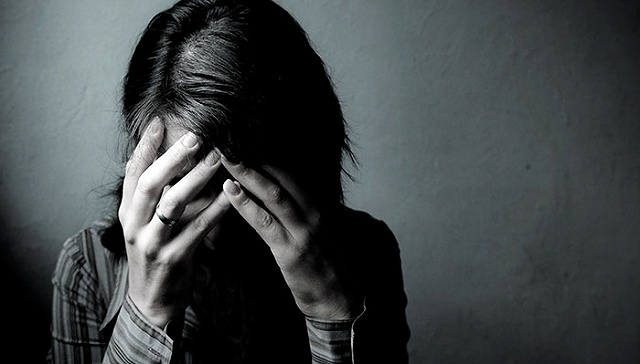How to prevent and treat hemorrhoids?
Preventing and treating hemorrhoids is not difficult
What are hemorrhoids?
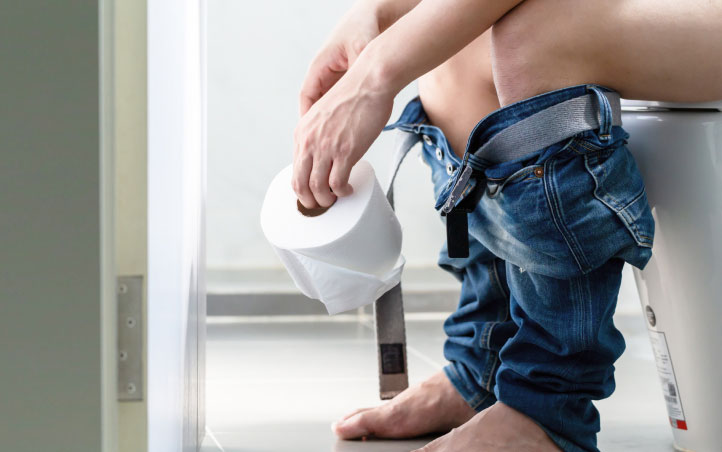
Hemorrhoids are dilated and swollen blood vessels inside the anus and rectum.
Hemorrhoids are basically harmless, but the symptoms caused by hemorrhoids can be uncomfortable and even frightening (such as bleeding during a bowel movement).
Risk factors for hemorrhoids
Hemorrhoids are very common and can occur at any age. Hemorrhoids can also be caused by straining too hard during a bowel movement or sitting on the toilet for long periods of time. Pregnant women are also at high risk of hemorrhoids. This is due to the increased pressure on the rectum and anus as the embryo grows. This is coupled with the fact that during the delivery process, the pregnant woman has to exert force, which will also result in additional pressure on the rectum and anus. Pregnant women are also more prone to constipation due to frequent intake of health supplements such as iron tablets.
People who are sedentary or do not consume enough water, vegetables and fruits are also more likely to develop hemorrhoids. In addition, those who need to exercise frequently, such as squatting or lifting weights, also have a higher chance of developing hemorrhoids.
What are the symptoms of hemorrhoids?
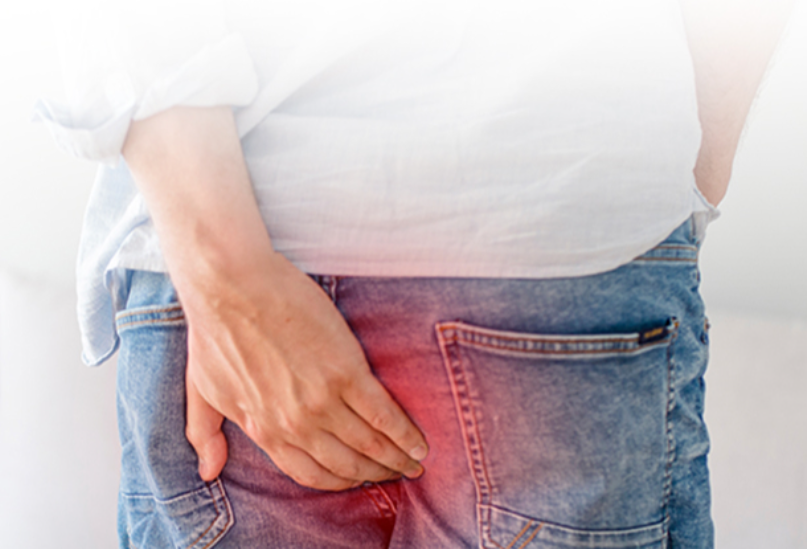
Hemorrhoid symptoms will depend on the specific type of hemorrhoid, but common symptoms include:
Pain and itching around the anus
Bleeding during bowel movements
Swelling in and around the anus
Mucus production
Types of Hemorrhoids
Hemorrhoids are usually categorized into 3 main types:
Internal Hemorrhoids:
Internal hemorrhoids form inside the anus and are classified into 4 grades.
Grade 1 hemorrhoids, which do not prolapse from the anus during a bowel movement
Grade 2 hemorrhoids, which prolapse from the anus during a bowel movement, but then retract automatically.
Grade 3 hemorrhoids, which protrude out of the anus during bowel movements and need to be pushed back into the anus by hand.
Grade IV hemorrhoids, which protrude out of the anus and cannot be pushed back in.
External hemorrhoids:
External hemorrhoids are lumps that occur around the anus and are usually more visible than internal hemorrhoids.
Thrombosed hemorrhoids:
This is a complication of hemorrhoids that occurs as a result of blood clots that form in external hemorrhoids. Severe pain, itching and bleeding are all common symptoms of thrombosed hemorrhoids.
How to prevent hemorrhoids
The best way to prevent hemorrhoids is to keep stools soft and easy to pass. To prevent hemorrhoids and reduce the symptoms of hemorrhoids, the following should be followed:
Eat high-fiber foods. Eat plenty of fruits, vegetables and whole grains. This will soften your stool, add bulk to it, and help you avoid excessive straining that can cause hemorrhoids. Do add fiber to your meals gradually to avoid bloating problems.
Consume more fluids. Drink six to eight glasses of water and other fluids (non-alcoholic) daily to keep your stools soft.
Consider fiber supplements. Most people don’t get the recommended amount of fiber in their diets, which is 20 to 30 grams a day. Studies have shown that over-the-counter fiber supplements such as psyllium (Metamucil) or methylcellulose (Citrucel) can improve the overall symptoms of hemorrhoids and bleeding.
If you take fiber supplements, you should drink at least eight glasses of water or other fluids each day. Otherwise, these supplements may cause or worsen constipation.
Don’t push to have a bowel movement. Excessive straining and holding your breath when trying to have a bowel movement can cause more pressure on the veins in the lower rectum.
Use the toilet as soon as you have a bowel movement. If you wait a while to have a bowel movement, the urge will disappear and the stool will become dry and more difficult to pass.
Exercise. Staying active helps prevent constipation and reduces the pressure on your veins from standing or sitting for long periods of time. Exercise also helps you lose weight and avoid hemorrhoids.
Avoid sitting. Sitting for long periods of time, especially while using the toilet, can increase pressure on the anal veins.
# Hemorrhoid Treatment
Treatment for hemorrhoids will depend on the type, location, and size of the hemorrhoids, as well as their severity. Not all hemorrhoid conditions need to be treated with surgery.
Diet and lifestyle modifications
For mild cases of hemorrhoids, relief can be found through simple diet and lifestyle changes:
Increase fiber intake and drink moderate amounts of water to prevent constipation
Sitz baths or cold compresses can help reduce pain and swelling.
Avoid excessive straining during bowel movements
Maintain a healthy weight to avoid putting pressure around the anus and rectal veins.
Exercise regularly and avoid sedentary lifestyle
Oral and topical medications
Oral and topical medications can be used for mild to moderate cases of hemorrhoids:
Stabilize blood vessel walls to reduce the risk of injury
Soften stools to avoid straining during defecation
Promote bowel movement to prevent constipation
Relieve pain, swelling and inflammation caused by hemorrhoids
Relieves pain around the anus
Reduces discomfort caused by pain and itching
Minimally invasive hemorrhoid treatment
Minimally invasive surgery may be considered for severe cases of hemorrhoids that do not respond to non-surgical treatments such as lifestyle modifications and medications. This includes:
Rubber band ligation:
Rubber band ligation is indicated for first to second degree hemorrhoids. For the procedure, a rubber band will be placed around the base of the hemorrhoid to cut off the blood supply to the hemorrhoid. This causes the hemorrhoids to shrink and fall off within a few days.
Injection Therapy (Sclerotherapy):
This treatment will use a special solution that will be injected into the hemorrhoid to make it shrink.
Coagulation therapy:
This treatment uses laser, infrared light or heat to harden and shrink the internal hemorrhoids.
Hemorrhoid Surgery
In severe cases, such as symptomatic grade III or IV hemorrhoids, hemorrhoids that cause recurrent bleeding and accompanying complications (e.g., anemia), surgery may be performed to completely remove the hemorrhoids.
Traditional Hemorrhoidectomy:
Traditional hemorrhoidectomy is the most effective treatment for severe or recurrent hemorrhoids. This treatment will remove the hemorrhoids through electrocautery.
Circumferential hemorrhoidectomy:
This surgical procedure will use an anastomosis to remove excess hemorrhoidal tissue. It also helps to restore the hemorrhoids to their original position within the anal canal.
Laser Hemorrhoidectomy:
Laser Haemorrhoidectomy is a newer surgical treatment in Singapore that uses laser fibers to release laser energy on the hemorrhoids. This procedure causes less postoperative discomfort, however it is only applicable to certain types of hemorrhoids.


